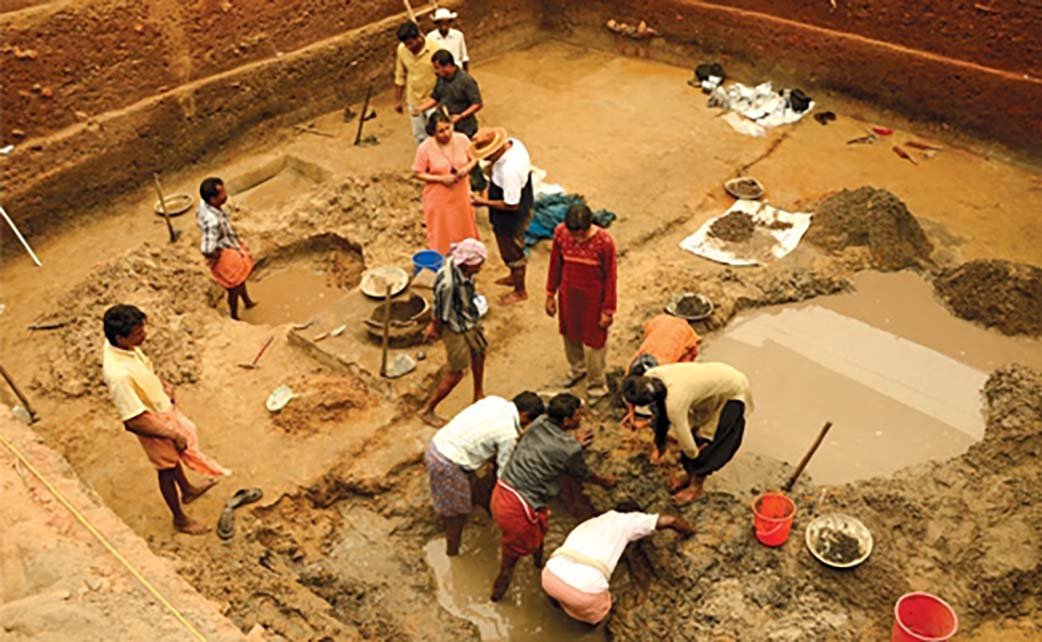
Confirmed. Ancient West Eurasians Once Lived In Today’s Kerala
HYDERABAD, (IANS) – The archeological site at Pattanam, on the south-western coast of the Indian subcontinent in Kerala’s Ernakulam district, is believed to be part of the ancient port city of Muziris.
Historians consider the city of Pattanam to have played an instrumental role in trade and cultural exchanges between India and the Middle East, North Africa, and the Mediterranean regions.
The belief stems from the classical Greco-Roman records as well as Tamil and Sanskrit sources. The recent and more conclusive archeological evidence from Pattanam and their ancient DNA analyses led by Dr. Kumaraswamy Thangaraj and Dr. P.J. Cherian strengthen the belief, and their research is now published in the journal, Genes.
At the Pattanam archeological site, scientists and archaeologists have found human bones, storage jars, a gold ornament, glass beads, stone beads, utilitarian objects made of stone, copper, and iron, pottery, early Chera coins, brick wall, brick platform, ring well, wharf with bollards and a six-meter-long wooden canoe parallel to the wharf structure about 2.5 meters below surface level.
“These structures indicate a vast urban settlement. The excavations suggest that the site was first occupied by the ingenious ‘Megalithic’ (Iron Age) people, followed by the Roman contact in the early historic period. It appears that the site was continuously occupied at least from the 2nd century BC to the 10th century AD,” said Cherian.
Scientists used the DNA from human skeletons to pinpoint the genetic ancestry of the people found in the region.
Scientists have analyzed the mitochondrial DNA of 12 ancient skeletal samples and found the presence of both South Asian and West Eurasian-specific lineages.
The harsh climatic conditions of India are not always favorable to ancient DNA research. Most of the excavated skeletal remains from the Pattanam site were fragile due to tropical, humid, and acidic soil conditions.




